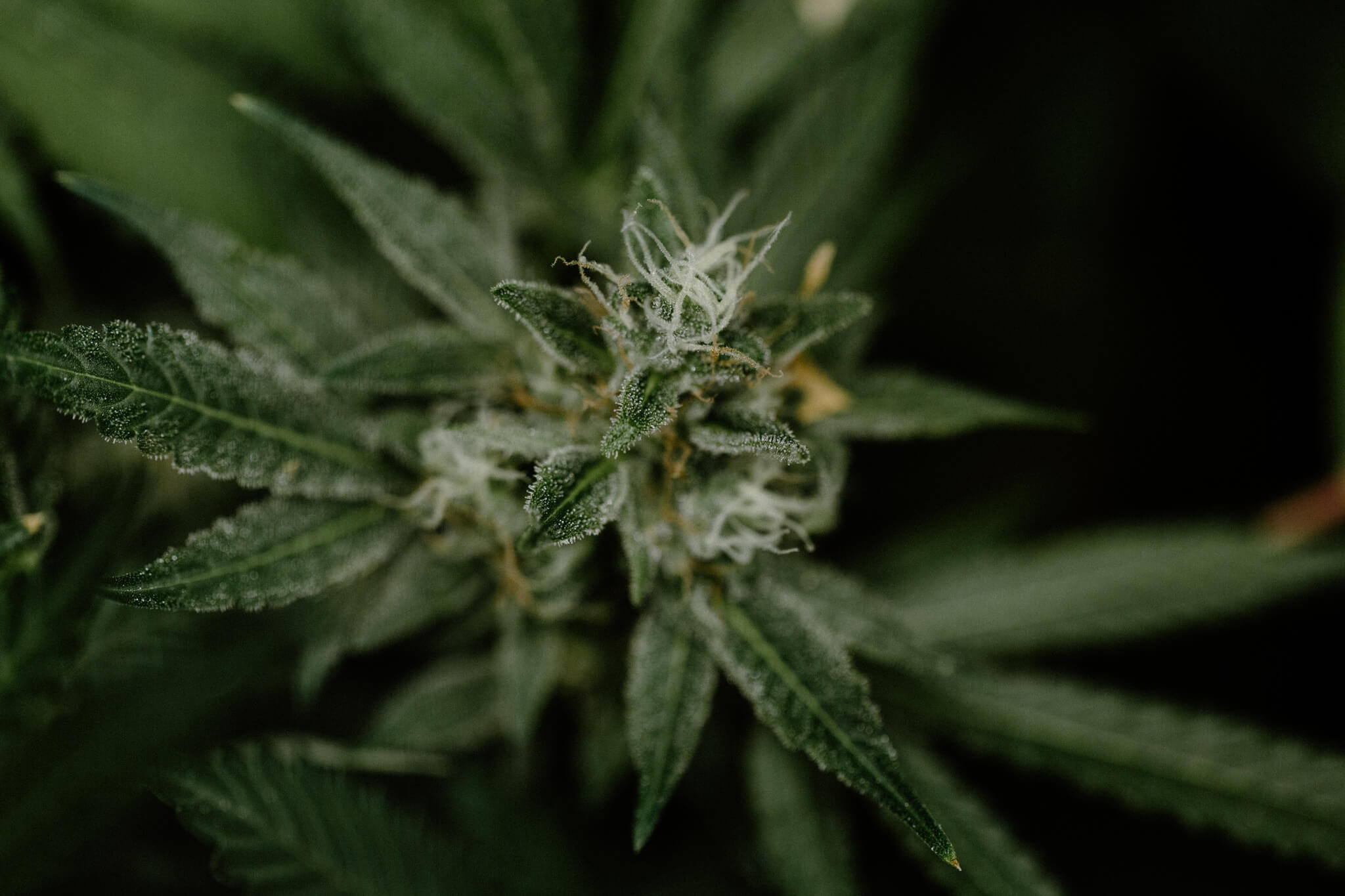
Long before the COVID-19 pandemic was part of daily conversations, the opioid epidemic was ravaging the country. Indeed, deaths associated with opioids were involved in 46,802 overdose deaths in 2018—69.5% of all drug overdose deaths, according to the CDC’s most recent data set.
In fact, after years of litigation, the Justice Department this week reached an $8 billion settlement in a civil and criminal case charging Purdue Pharma over their “aggressive marketing” of the drug OxyContin and other opioids. For years the federal authorities have maintained that Purdue’s actions helped fuel the prescription opioid epidemic that has lead to some 230,000 deaths, according to the CDC.
Unsurprisingly, finding an alternative to opioids for pain management has become a pressing issue. In fact, a central part of the effort to rein in opioid abuse has been to reduce the frequency in which doctors prescribe the drugs.

Interestingly, a first-of-its-kind research study by Columbia University’s Irving Medical Center found a 20% reduction in opioid prescriptions in states where medical marijuana was legal. The study specifically addresses opioid prescriptions made by orthopedic surgeons, who are the nation’s third-highest prescribers of opioids. “We found that overall opioid prescribing by orthopedic surgeons in this cohort was reduced in states permitting patient access to medical cannabis, compared with those who do not,” the study’s authors say.
They note that the reduction in opioid prescriptions in these states points to the drastic need to find viable alternatives to highly addictive painkillers:
“Although our study does not support a direct causal relationship, these population-level findings show that legalization of medical cannabis and patient access to dispensaries may be associated with reductions in opioid prescribing by orthopedic surgeons,” the study’s authors concluded. “The observed trends reported in this study may be a reflection of growing availability of alternative pain management options for patients.”
The researchers controlled for certain factors, as states operate differently and access to medical cannabis is not uniform across states that have legalized it. They specifically examined variables such as when storefront dispensaries opened, whether state laws allowed home cultivation by patients, and whether recreational cannabis was legal for adults in each state. For example, they noted that New York State was not considered “as an MCL state or a dispensary-based MCL state until 2016,” because while the state adopted a medical cannabis law in 2014, home cultivation remained prohibited and dispensaries didn’t open until 2016.
The study’s authors also included some caveats about the conclusions of their research, noting that correlation is not causation: “we could not make any conclusions about any direct effect of substitution of opioids for cannabis by patients on prescription trends.” the authors wrote. “As such, our study does not draw conclusions of direct causation, but reports observed associations over time using a nationwide cohort database and multivariable regression analysis.”
Nevertheless, the study—and others before it—does suggest that cannabis offers a promising alternative pain medication, the authors wrote, “because of its efficacy in treatment of chronic and acute pain and its potential for replacing and/or reducing opioid treatment.”
As we have noted before on this blog, cannabis can help manage pain and chronic conditions due to a variety of active compounds. The analgesic (pain-relieving) properties in cannabinoids are said to work wonders for aches and pains, and help to increase blood flow, which promotes healing and reduces inflammation.
What’s more—these benefits come without the addictive and potentially lethal side effects of opiates. Although cannabis and CBD don’t offer a total cure for chronic conditions, they can offer relief and help sufferers manage painful symptoms.
Earlier this year, researchers released a study that found cannabis can mitigate symptoms of opioid withdrawal, and in December of last year, a previous study claimed that states with legal marijuana access experience decreases in opioid prescriptions. Also late last year, a separate study showed that daily marijuana consumption is associated with reduced opioid consumption among chronic pain patients.
This growing body of research points to the value and potential for further research on cannabis as a valid pain management alternative that should be more widely investigated.
Stay tuned for more as it happens!

Recent Comments